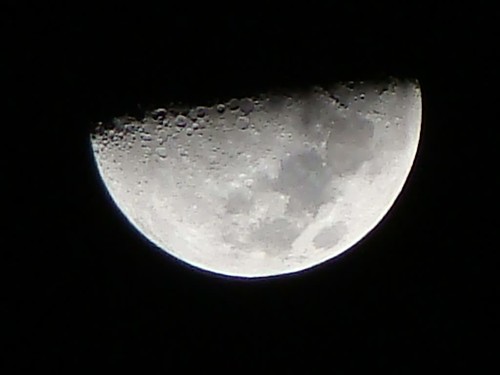
SPACESTAKING
Taking Green a Giant Step Farther
| articles |
| about us |
| lunar challenge |
| photo gallery |
| contact |
| Scandinavian Spaceship Plans |
|
The Swedish Space Corporation and Saab have been named as the prime co-developers for a joint Scandivavian space venture funded by the governments of Denmark, Norway, Sweden and Finland. This marks the first collaboration of this type for these northern European neighbors. The proposed new spacecraft, yet unnamed, should enter into service by the year 2020 and will extensively employ green technologies throughout its construction and mission. Critics of toxic space programs, such as those run by NASA and Roscosmos, maintain that this development is a first of its kind and promises to set a new standard for space development. Although the Scandinavian powers have remained tight-liped about specific details of its plans, internal communiques between SCC and Saab shed some light on the ship's possible missions and likely designs. One version of the spacecraft would be able to reach low-Earth orbit; another would be capable of a lunar landing. The Earth-orbiting version would carry a crew of six, with a cargo area of approximately 80 cu ft for a payload of 500 kg; its "lunar cousin" would be equipped with four seats and be capable of delivering and bringing back 100kg of cargo. The spacecraft is intended to be reusable and fly up to 10 missions during a 15-year lifespan. In an effort to reduce greenhouse gas emissions, a cleaner rocket fuel is being tested, utilizing a form of BioPower technology which Saab has incorporated in its line of popular land-based automobiles. Saab serves the global market with world-leading products, services and solutions ranging from military defence to civil security. Saab Space is a leading independent supply of highly qualified space equipment: Computer systems, Antennas and Microwave electronics for satellites and Adapters and separation systems for launchers. Saab Space is headquartered in Gothenburg, Sweden, with a division for mechanical systems located in Linköping, Sweden. Saab Space also has a fully owned subsidiary in Vienna, Australia, named Austrian Aerospace, focused on digital signal processing, thermal hardware, mechanisms and mechanical ground support equipment. |
Related News |
|

